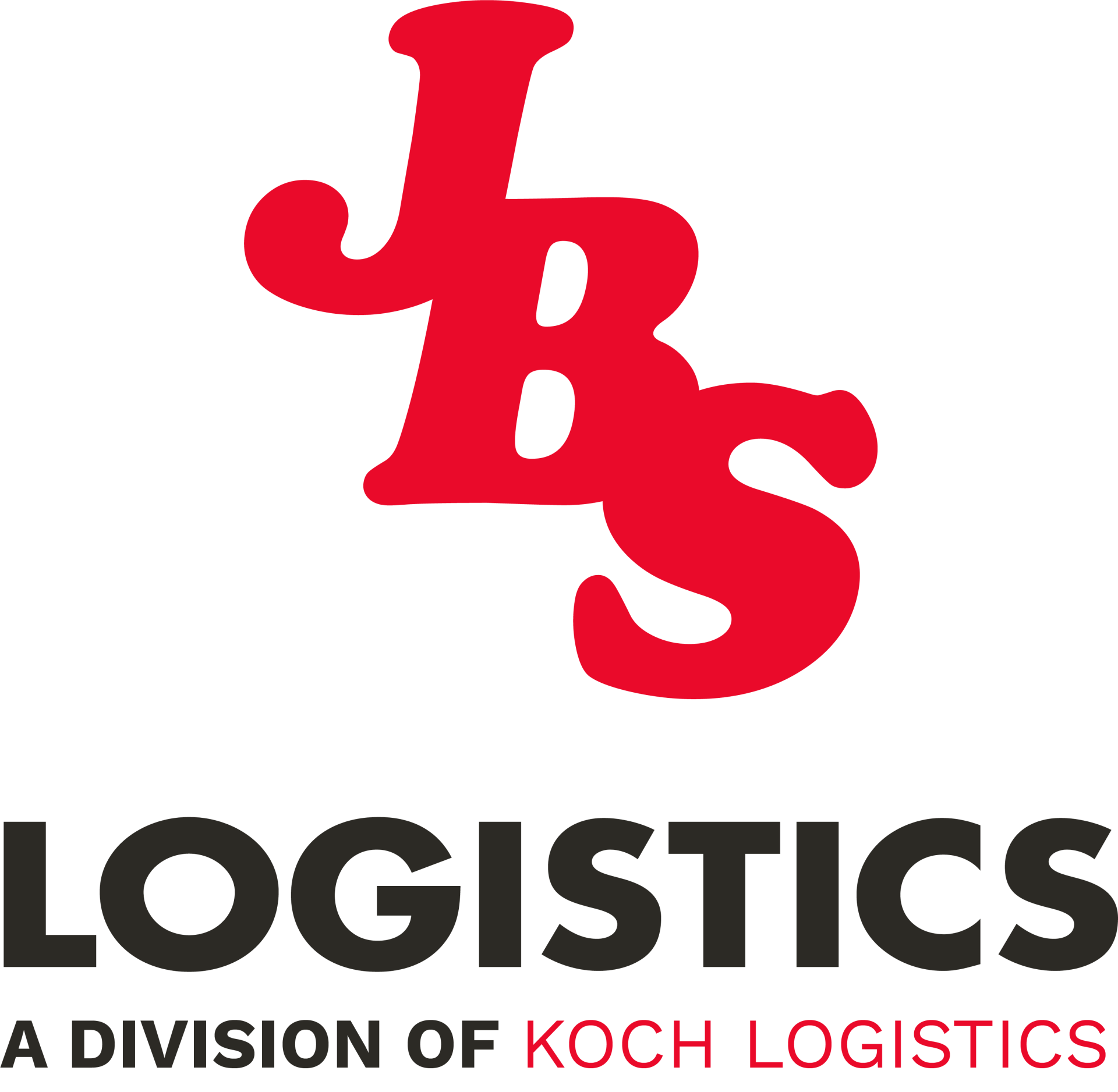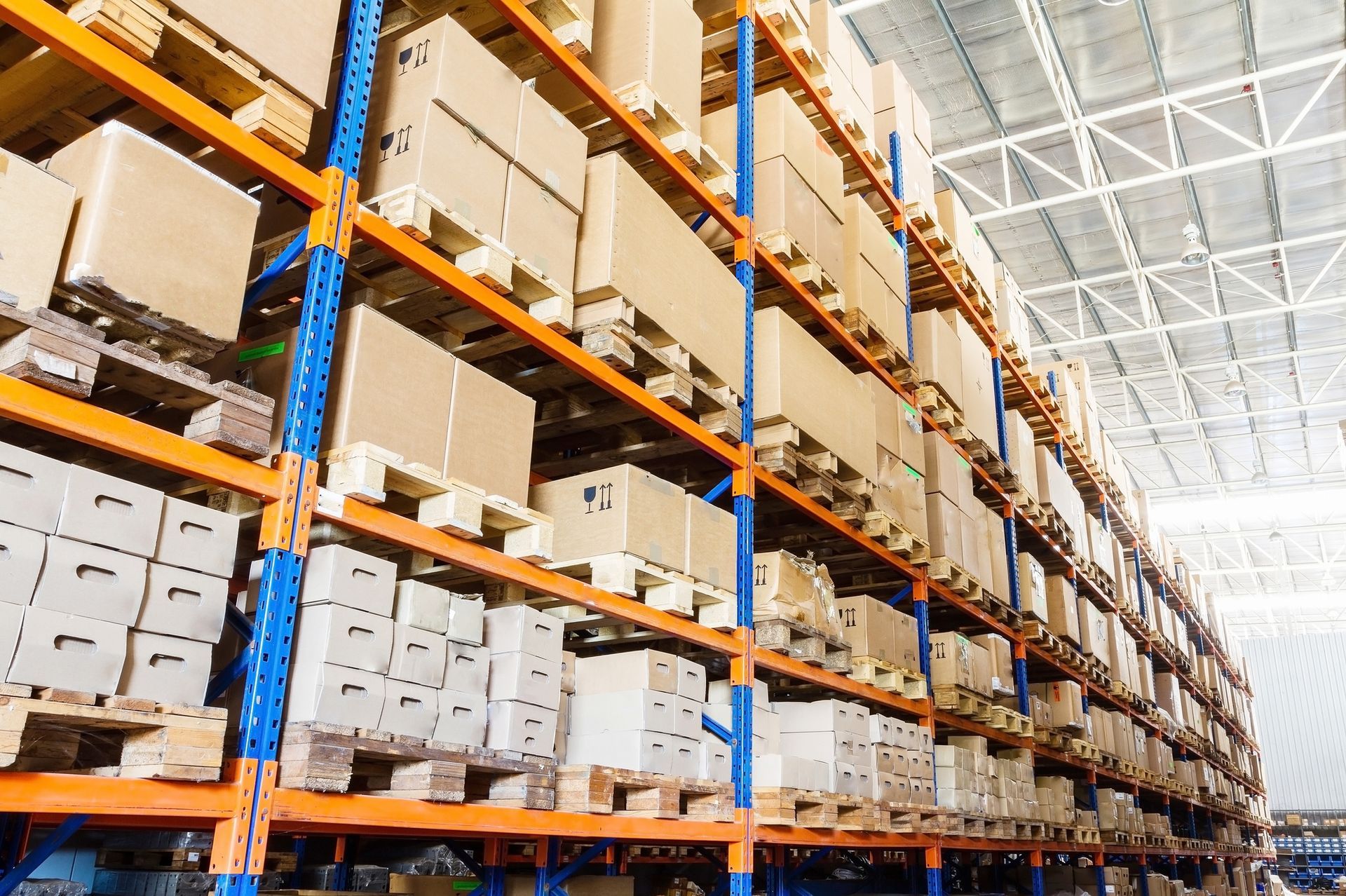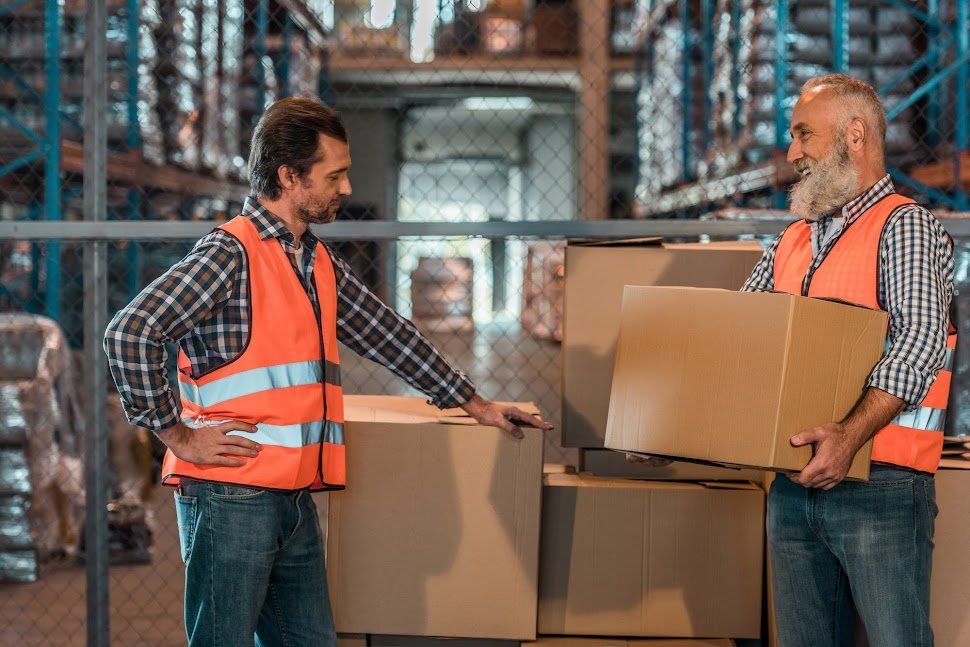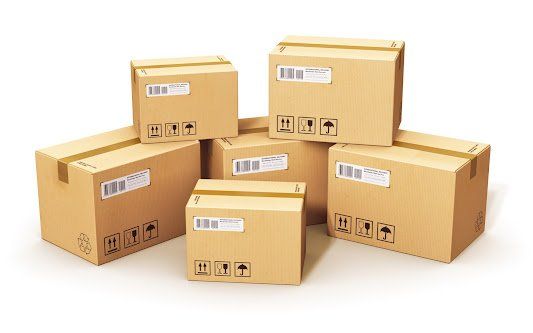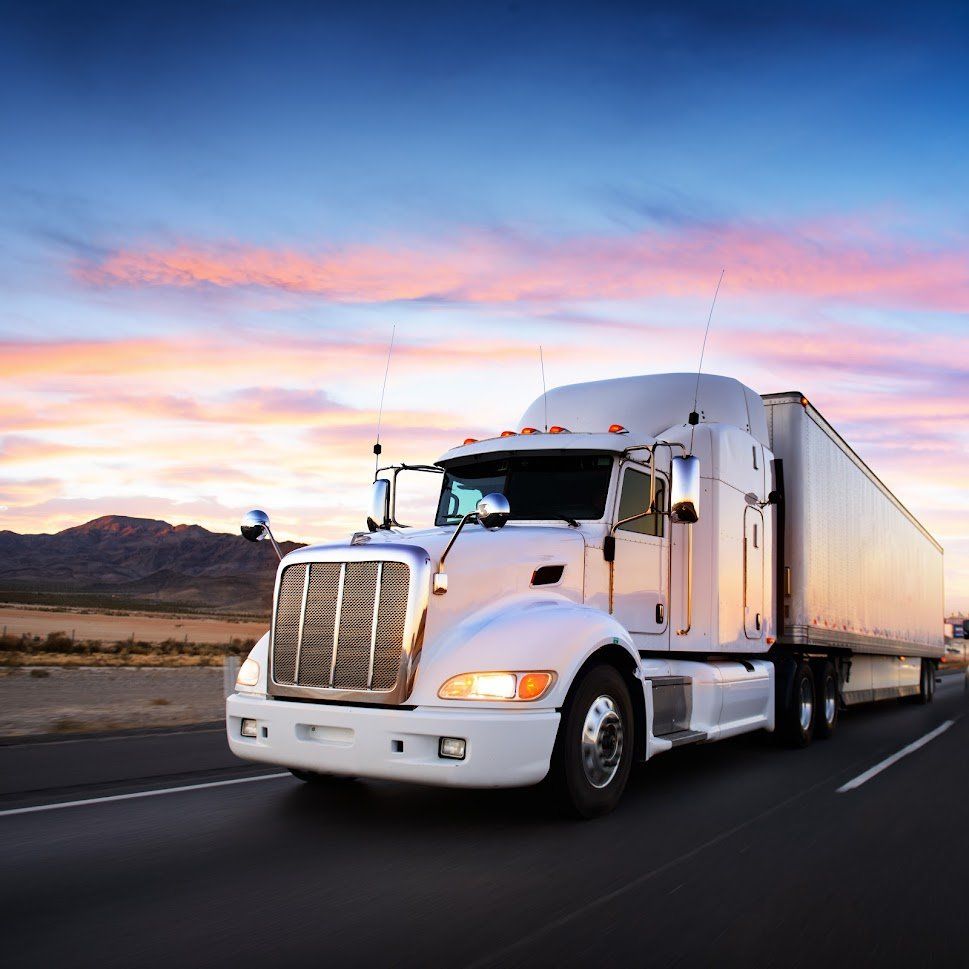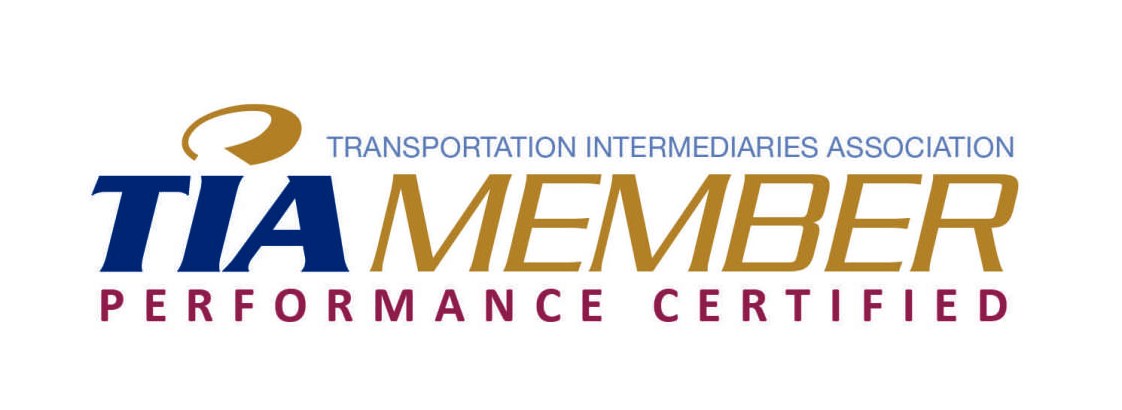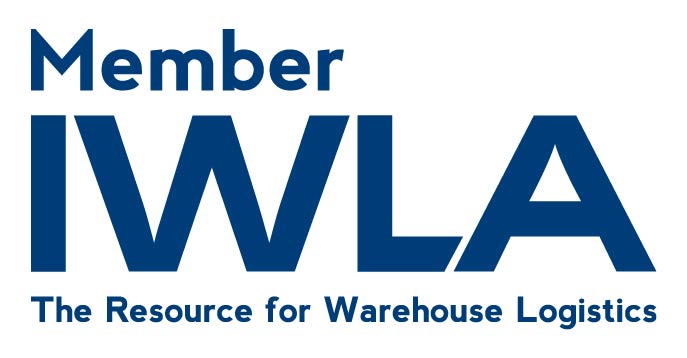What Are the Advantages of Using Intermodal Rail Freight?
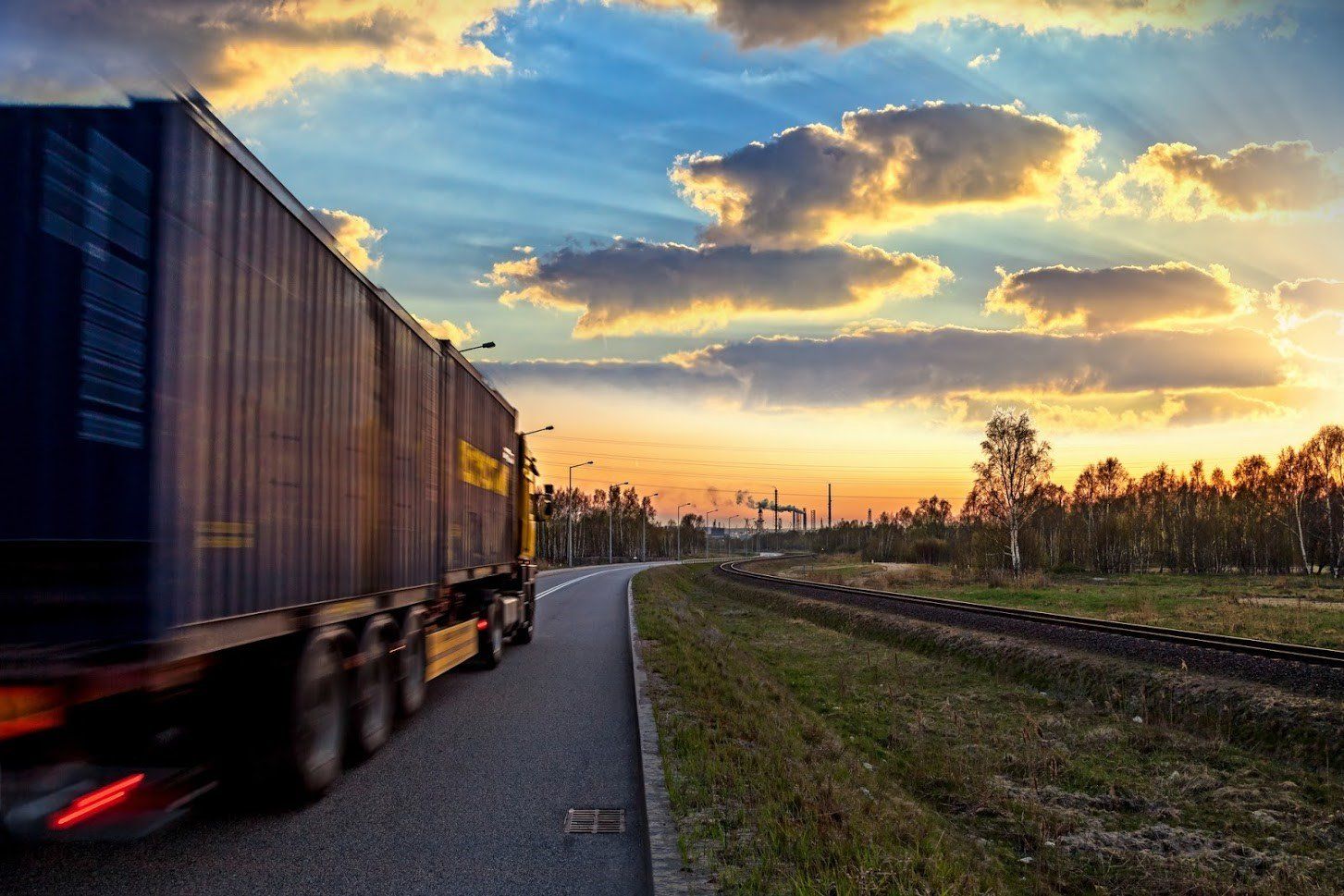
Some shipments use a single type of freight transport. If you want to ship a load a short distance, then you might simply hire a trucking company to do the job.
However, sometimes, using intermodal transport might make more sense. Here, your load travels on two or more types of transport.
For example, if you use an intermodal truck and rail solution, then you truck your load to the rail yard where it goes on a freight train. When it reaches its rail destination, it is unloaded. You then use trucks to make the last part of the delivery.
What are the benefits of this kind of freight delivery?
Potential Cost Savings
While shipping a small local load by rail may not make a whole lot of financial sense, you see more benefits with larger loads and longer distances. Rail freight is typically cheaper than trucking in these cases.
If you ship a large delivery by road, then you might need to use multiple trucks. These trucks will eat up fuel on the journey. If you use rail freight for the longest part of the journey, then you can load everything into one shipping container. Trains use less fuel, and you share the trip with other customers.
So, this can be a more cost-effective way of moving freight. General costs are lower, and you benefit from economies of scale.
Increased Security
If you ship your freight in trucks and by road, then you always have the danger that something will happen to your load. If a driver stops for a meal or rest break, and someone breaks into the truck, you could lose valuable assets.
If you ship by rail, you get enhanced security. Nobody accesses the containers once they are filled and loaded.
Plus, trains often run constantly and without stops. If they do break a journey to change drivers or to load or unload containers, then they typically stop in secure railyards. Your load stays safe at all times. It is less accessible and less attractive to thieves.
Increased Load Safety
Reputable trucking companies employ capable and safe drivers. They use road-worthy and well-maintained vehicles. However, they can't do anything about how other drivers and vehicles behave on the road.
If a truck gets into an accident, then its load may get damaged. If it catches on fire, then your entire shipment could be destroyed. You could face a significant loss.
Rail transport is typically safer. Trains and railroads have fewer accidents than vehicles on public roads.
While you have to stick with a rail freight company's schedule, trains have a big advantage over trucks — they have dedicated tracks and don't use roads. If you use road transport, you're at the mercy of traffic and weather problems.
Traffic congestion, accidents, diversions, highway closures and bad weather can delay travel by road. You can't predict when this might happen. Even if you create the perfect shipping schedule with your trucking company, things can go wrong. Long delays affect delivery times.
Rail freight typically runs more predictably. Trains run to a set schedule on private tracks so you don't have to worry about congestion or delays. Bad weather is less likely to affect rail lines and the trains that run on them.
More Environmental Benefits
If you want to boost your company's green credentials, then long freight trips by road or air may not meet your objectives. You may want a more environmentally friendly solution for at least part of the trip.
If you use an intermodal truck and rail model, then you tap into rail's environmental advantages. This type of transport uses less fuel and creates fewer emissions.
To learn more about how intermodal rail freight will work for your company, contact JBS Logistics. We offer a full range of freight and logistics services, including drayage and devanning, so you won't need to worry about a thing.
